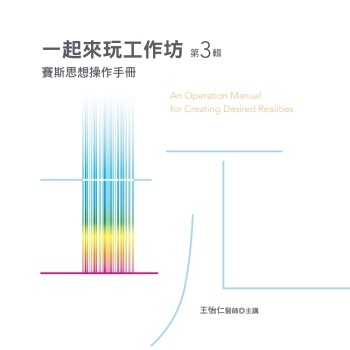From the launch of the Journal of Social Research in 1932 to the recent work of Jurgen Habermas on law and democracy, the Frankfurt School has produced some of the most ambitious and influential theories of the past century. This new introduction to the critical theory of the School provides a thorough, concise and up-to-date assessment of thinkers including Pollock, Marcuse, Horkheimer, Adorno, Neumann, Lowenthal, Fromm, Kirchheimer and Habermas. Peter Stirk’s lively account places the formative work of the School within the context of the Weimar Republic and of Nazi Germany. He contrasts this environment with the very different background of 1950s Germany in which Habermas embarked on his academic career. Stirk goes on to discuss the enduring relevance of political theory to the contemporary political agenda. In particular, he illustrates the continuing validity of the Frankfurt School’s criticism of positivist, metaphysical and more recently postmodernist views, and its members’ attempts to incorporate psychological perspectives into broader theories of social dynamics. He assesses their contribution to key areas of contemporary debate, including morality, interest, individual and collective identity and the analysis of authoritarian and democratic states. Specifically focused on the interests and needs of social scientists, philosophers and historians of ideas, Critical Theory, Politics and Society is an essential book both for students and for all those who wish to grasp the contours of critical theory and to understand its enduring relevance.
| FindBook |
有 1 項符合
Critical Theory, Politics And Society: An Introduction的圖書 |
 |
Critical Theory, Politics And Society: An Introduction 作者:Stirk 出版社:Continnuum-3PL 出版日期:2005-10-26 語言:英文 規格:平裝 / 246頁 / 23.1 x 15.2 x 1.8 cm / 普通級 |
| 圖書館借閱 |
| 國家圖書館 | 全國圖書書目資訊網 | 國立公共資訊圖書館 | 電子書服務平台 | MetaCat 跨館整合查詢 |
| 臺北市立圖書館 | 新北市立圖書館 | 基隆市公共圖書館 | 桃園市立圖書館 | 新竹縣公共圖書館 |
| 苗栗縣立圖書館 | 臺中市立圖書館 | 彰化縣公共圖書館 | 南投縣文化局 | 雲林縣公共圖書館 |
| 嘉義縣圖書館 | 臺南市立圖書館 | 高雄市立圖書館 | 屏東縣公共圖書館 | 宜蘭縣公共圖書館 |
| 花蓮縣文化局 | 臺東縣文化處 |
|
|
圖書介紹 - 資料來源:博客來 評分:
圖書名稱:Critical Theory, Politics And Society: An Introduction
|











